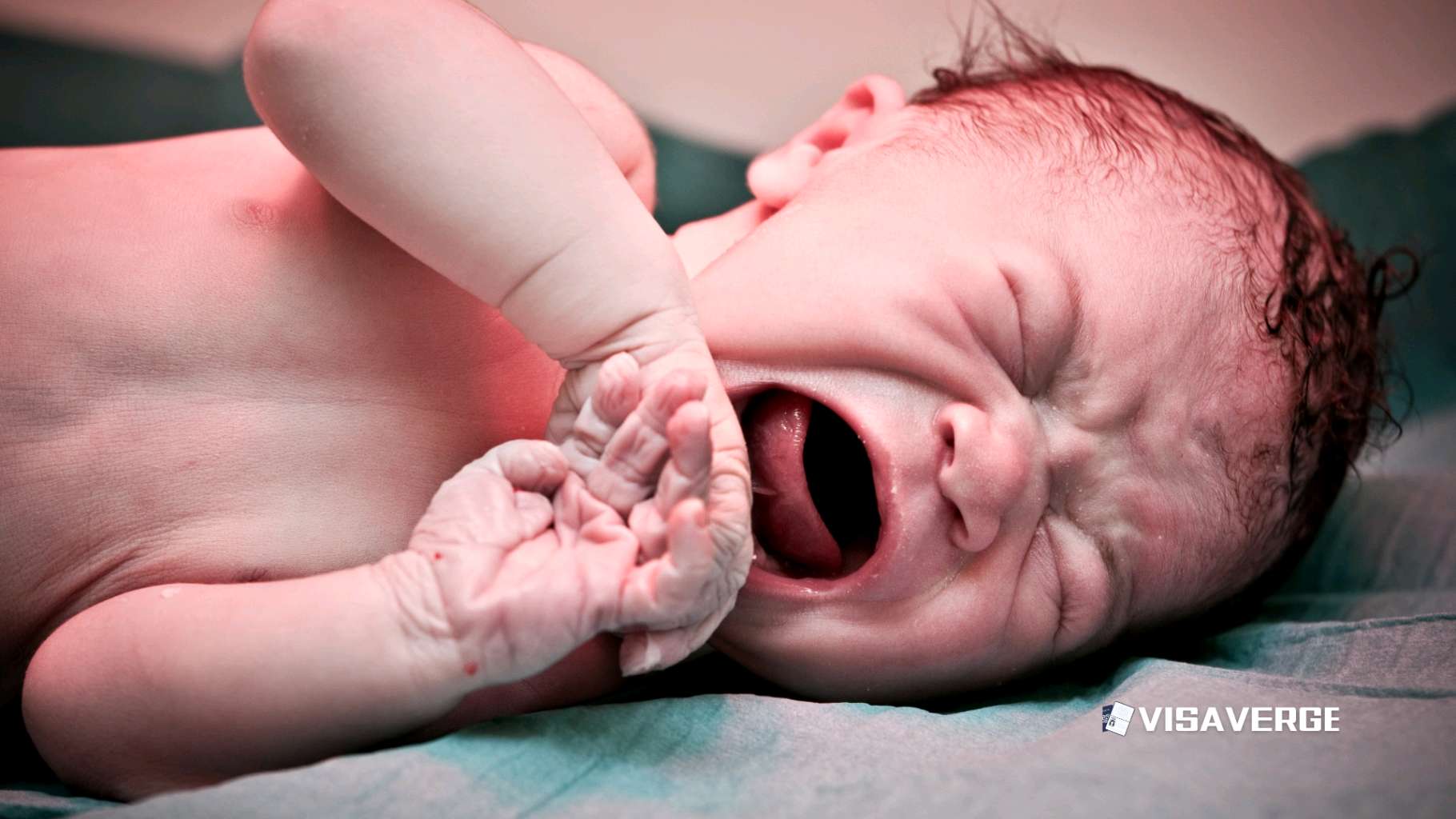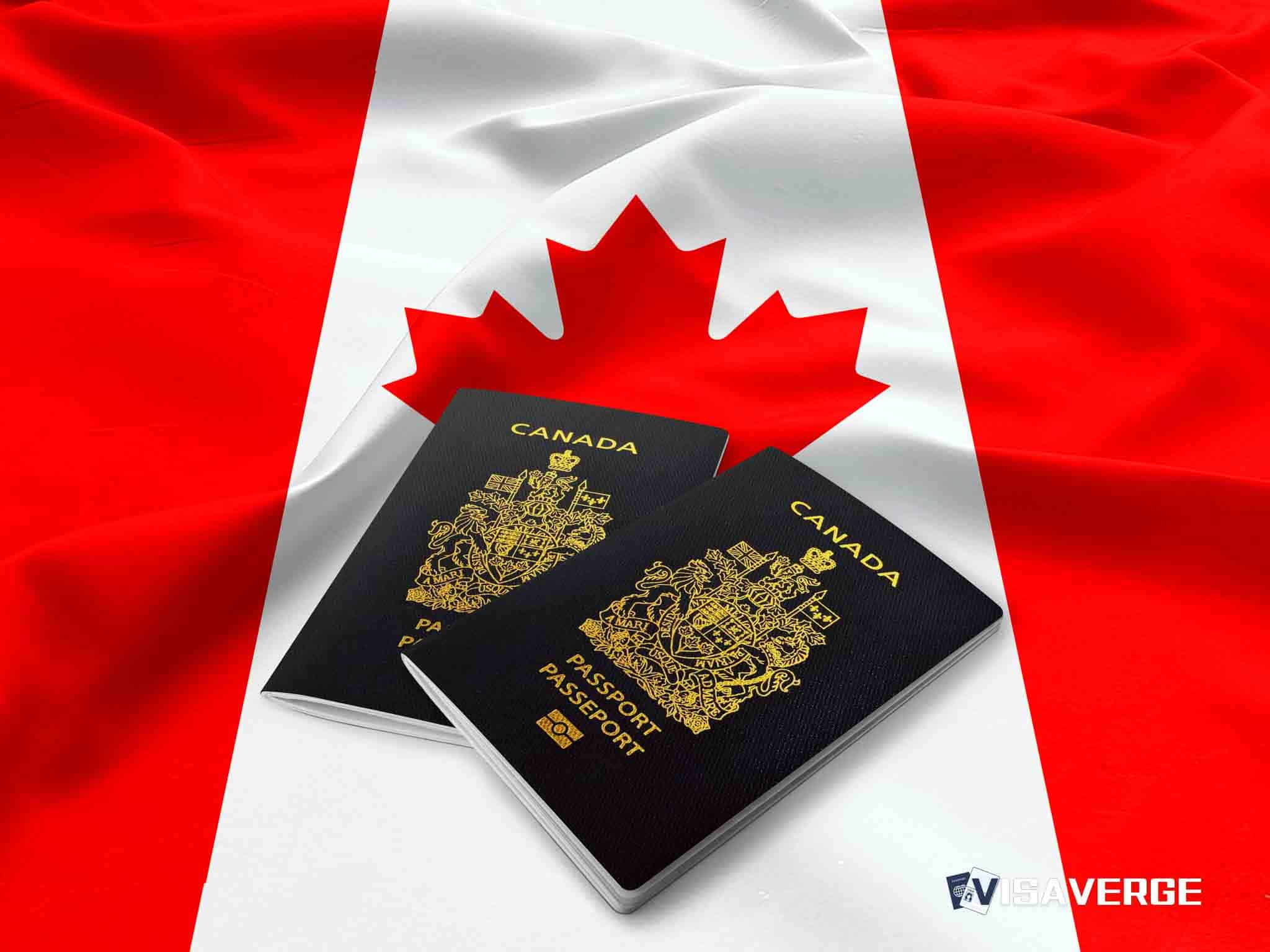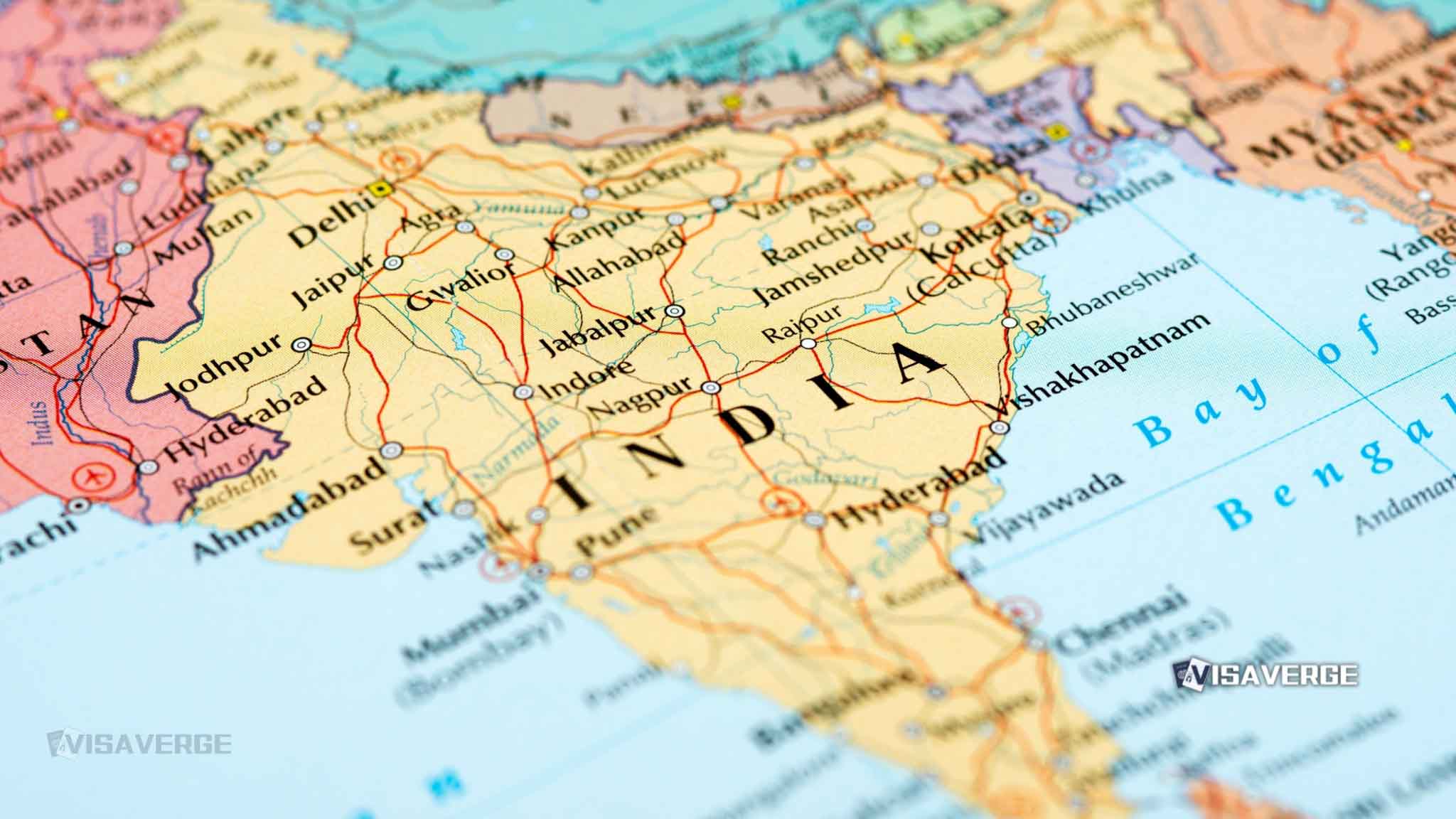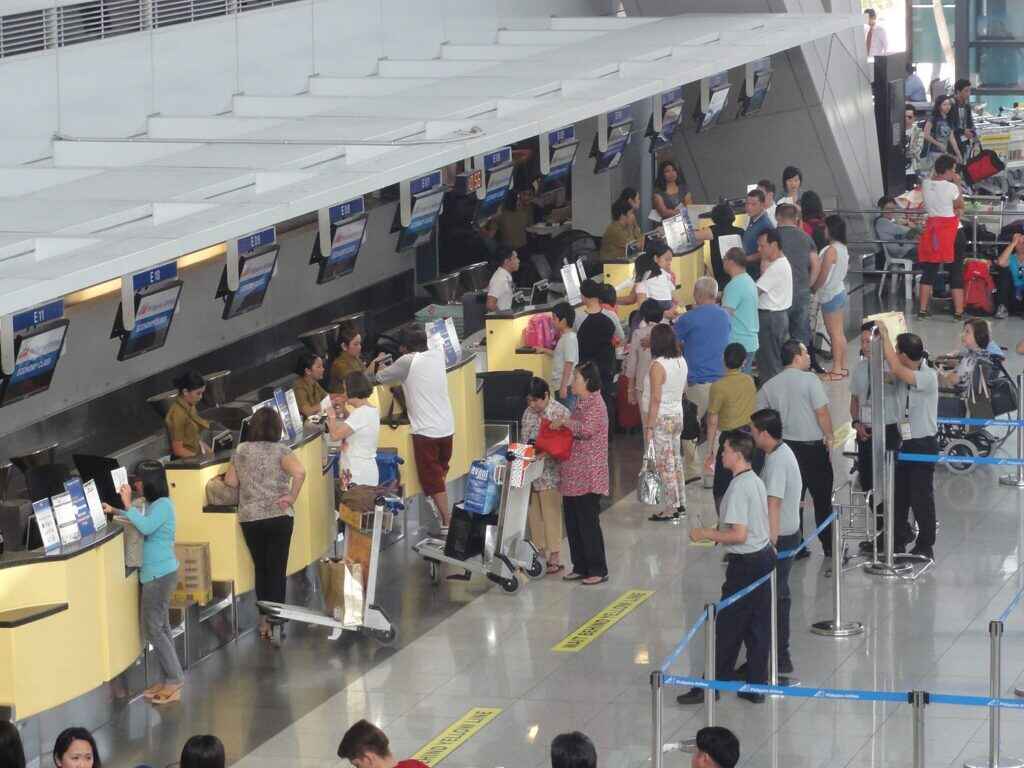(CHARLOTTE, NORTH CAROLINA) Hundreds of residents poured into uptown streets on November 15, 2025 as Charlotte protests grew in response to a week of intensified federal ICE raids and operations by Border Patrol agents in the city. The afternoon rally, which drew activists, families, faith groups and local officials, marked the strongest public pushback yet against the Trump administration’s decision to deploy additional federal immigration agents to this North Carolina community.
Demonstrators said the raids had shaken entire neighborhoods, with children afraid to go to school and workers scared to leave their homes, even though many of those detained turned out to be long-time residents with no criminal history.

Eyewitness accounts and scenes on the street
Eyewitnesses in several Charlotte neighborhoods reported seeing masked agents in unmarked vehicles stopping people on their way to work, breaking car windows during traffic stops, and detaining passengers while others recorded the encounters on their phones.
Some of those picked up were later released after proving their U.S. citizenship, deepening anger among residents who say the federal teams are sweeping up anyone who looks or sounds foreign. Videos shared by local advocates show frantic scenes as bystanders shout questions at officers and try to pass legal rights cards through shattered windows to people being taken into custody.
The protest: turnout and atmosphere
- About 200 people gathered outside the federal courthouse and then marched toward city government buildings downtown.
- Organizers described the event as passionate but peaceful, with families pushing strollers, students carrying handmade signs, and church leaders linking arms at the front of the march.
- Chants of “no more raids” and “families belong together” echoed off office towers while speakers used a portable loudspeaker to accuse federal agencies of targeting regular, law‑abiding residents instead of focusing on dangerous criminals.
Volunteers moved through the crowd handing out water, masks and small bilingual cards explaining what to say if stopped by immigration officers.
Support and legal outreach at the protest
Near the courthouse steps, migrant advocates set up folding tables stacked with pamphlets and “know your rights” cards in English and Spanish. They offered brief explanations on how people should respond if agents come to their homes or try to question them on the street, stressing that individuals have:
- the right to remain silent
- the right to ask for a lawyer
Parents who said they had lived in Charlotte for more than a decade described children waking up at night after seeing videos of agents breaking car windows. One mother said she no longer drives her kids to soccer practice because she fears an encounter at a routine traffic stop could tear her family apart.
Origins of the raids and official responses
The immediate spark for the ICE raids was the Trump administration’s decision to send more federal immigration agents into Charlotte earlier in November, part of a broader push to increase interior enforcement in several cities.
- Analysis by VisaVerge.com indicates immigrant communities had reported a rise in unannounced home visits and workplace checks before the operations became more visible on November 15, 2025.
- Federal officials have said in past operations that such deployments focus on people with removal orders or criminal records, and general information on immigration enforcement priorities is published by U.S. Immigration and Customs Enforcement.
Critics at Saturday’s march argued that those explanations do not match what residents are actually seeing in their neighborhoods.
State and local law enforcement reactions
- North Carolina Governor Josh Stein criticized the operations, saying most detained in the latest operations had no criminal record, and some were U.S. citizens who were released only after proving their status.
- Stein warned that such mistakes “undermine trust” and make immigrant communities less likely to report crimes or cooperate with local law enforcement.
- The Charlotte-Mecklenburg Police Department reiterated that it does not take part in immigration enforcement actions, stressing its officers do not conduct raids with ICE or Border Patrol.
Civil liberties and community impacts
Speakers at the rally tied concerns about the raids to a broader debate about civil liberties, arguing that aggressive immigration tactics blur the line between federal enforcement and local policing.
A local pastor told the crowd that when residents see masked agents stopping cars in front of schools and churches, they rarely know which agency is involved or what rights they have at that moment. Community organizers warned the ICE raids will push people further into the shadows, discouraging them from:
- seeking medical care
- enrolling children in school
- stepping outside for daily errands
Several speakers urged citizens and permanent residents to act as witnesses, document encounters when safe, and share that information with trusted legal groups.
Accounts of wrongful detentions and consequences
Activists described multiple cases where individuals were taken into custody during the week and later released after providing passports, birth certificates, or other documents confirming U.S. citizenship or lawful status.
For many at the march, these stories illustrated how quickly an ordinary day can become a legal crisis when federal agents make a wrong assumption. Lawyers working with advocacy groups said even short detentions can have lasting effects, including:
- lost wages
- missed school days
- trauma for children who watch a parent handcuffed and driven away in a government vehicle
Evening vigil and broader message
As dusk fell over uptown Charlotte on November 15, 2025, protesters gathered in a circle, holding candles and promising to keep pressing officials for answers about the operations.
Many attendees framed the Charlotte protests as more than a response to one weekend of ICE raids—they see it as part of a larger fight over how immigration law should be enforced in local communities. Residents who have lived in the city for years said they want safety as much as anyone, but not at the cost of families living in fear.
For now, they said, the sight of federal agents on their streets remains a powerful symbol of tension.
This Article in a Nutshell
On November 15, 2025, hundreds gathered in uptown Charlotte to protest intensified ICE raids and Border Patrol operations. Eyewitnesses described masked agents in unmarked vehicles detaining people—some later proved U.S. citizens and were released—spurring anger and fear. About 200 marchers, including families and faith groups, handed out bilingual “know your rights” cards and received legal assistance. Governor Josh Stein criticized the raids for detaining people without criminal records; local police stressed they do not take part in federal immigration actions. Protesters warned operations push communities into the shadows and pledged continued advocacy.













